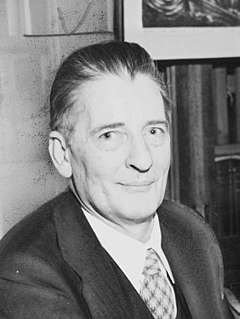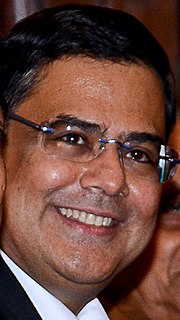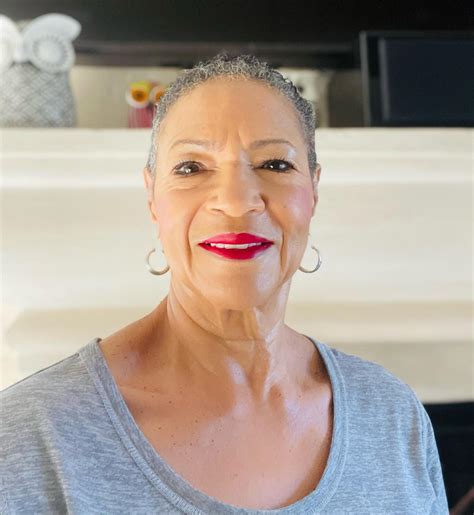A Quote by Maxwell Perkins
I believe the writer... should always be the final judge. I have always held to that position and have sometimes seen books hurt thereby, but at least as often helped. The book belongs to the author.
Related Quotes
I always give books. And I always ask for books. I think you should reward people sexually for getting you books. Don't send a thank-you note, repay them with sexual activity. If the book is rare or by your favorite author or one you didn't know about, reward them with the most perverted sex act you can think of. Otherwise, you can just make out.
I've never translated more than one book by any author. But I'm fascinated by translators who have, like Richard Zenith, who's translated so much of Fernando Pessoa's work. I get restless for a new kind of influence. The books I've translated are books I want to learn from as a writer, to be intoxicated by. And translation is an act of writing in itself. It's an act of recreation - of a writer's cadence and tone and everything that distinguishes the voice in the book.
Endnotes, often confused with footnotes that live at the bottom of a page, is that lump of text at the end of the book, sometimes even relegated to a tiny font size. They're often forgotten but, in nonfiction, particularly history books, can offer a fascinating footprint into the author's research, a joyful, geeky abyss.
A writer, or at least a poet, is always being asked by people who should know better: “Whom do you write for?” The question is, of course, a silly one, but I can give it a silly answer. Occasionally I come across a book which I feel has been written especially for me and for me only. Like a jealous lover I don’t want anybody else to hear of it. To have a million such readers, unaware of each other’s existence, to be read with passion and never talked about, is the daydream, surely, of every author.
Only simple ideas can be held by large groups of people. Commonly held ideas are almost always dumbed down until they are practically lies... and often dangerous ones. Once vast numbers of people have come to believe the lie, they adjust their own behavior to bring themselves into sync with it, and thereby change the world itself. The world, then, no longer resembles the one that gave rise to the original insight. Soon, a person's situation is so at odds with the world as it really is that a crisis develops, and he or she must seek a new metaphor for explanation and guidance.
May I ask you something?" I say. "Why do you read books, when you could be outside, living a million different adventures every day?" "Because you can always count on a book to stay the same. EVerything else changes when you least expect it," she replies, bitter. "Families split apart, and nothing's forever. In books, you always know what's coming next. There are no surprises.



































